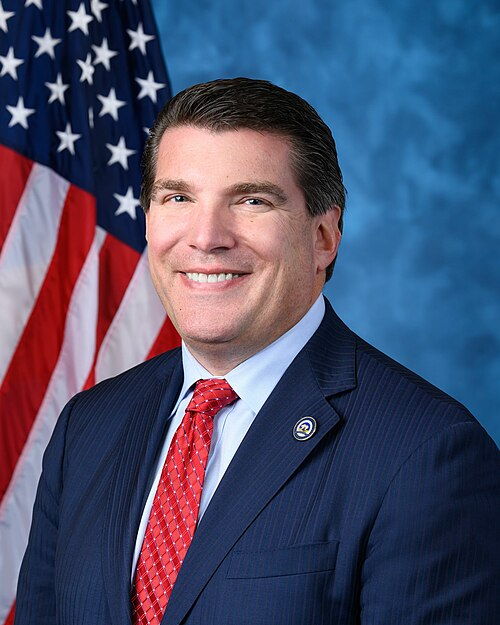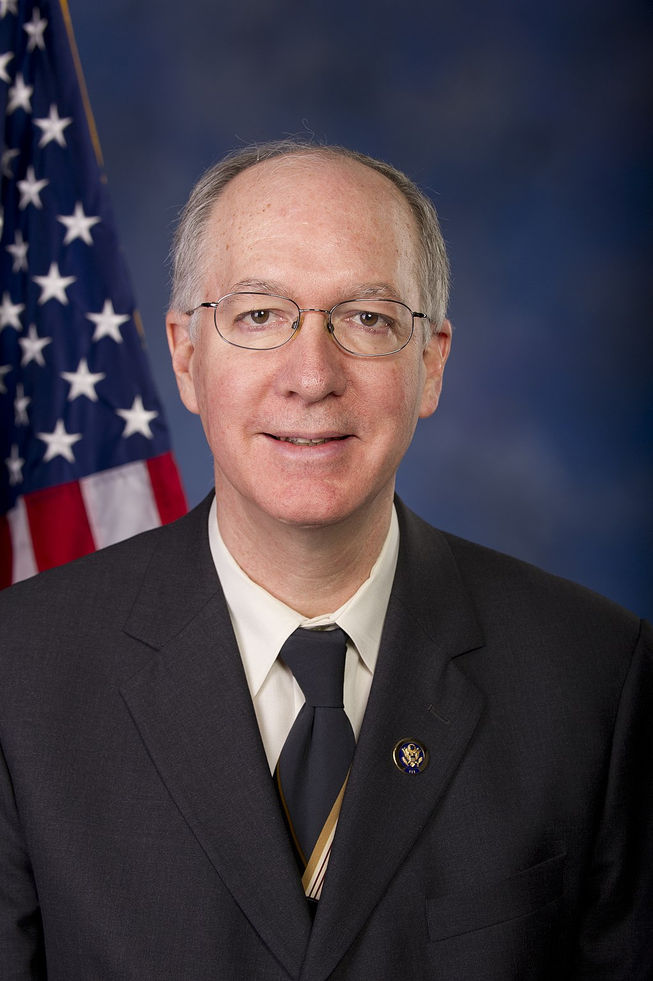H.R. 359: Cost-Share Accountability Act of 2025
The Cost-Share Accountability Act of 2025 aims to modify the Energy Policy Act of 2005 by implementing new reporting requirements on cost-sharing requirements associated with projects under the Department of Energy (DOE). Here’s a breakdown of what the bill entails:
Key Provisions
- Reporting Requirements: The bill requires the Secretary of Energy to prepare and submit reports to several congressional committees regarding the use of the authority to reduce or eliminate cost-sharing requirements. This reporting must occur:
- Not later than 120 days after the bill is enacted.
- At least quarterly thereafter.
- Targeted Committees: The reports will be sent to the following committees:
- Committee on Science, Space, and Technology of the House of Representatives
- Committee on Appropriations of the House of Representatives
- Committee on Energy and Natural Resources of the Senate
- Committee on Appropriations of the Senate
- Public Accessibility: The Secretary must also make these reports publicly available, ensuring transparency regarding how cost-sharing requirements are applied and managed.
Purpose of the Bill
The main objective of this bill is to increase accountability concerning how federal funding is used in energy-related projects, particularly those that may not require cost-sharing from private entities. By mandating regular reporting, the bill seeks to provide Congress and the public with insights into the decision-making processes within the Department of Energy regarding financial contributions and the management of partnerships.
Implications
The introduction of this bill could lead to enhanced oversight of public funds used in energy projects, ensuring that there is accountability for how reductions in cost-sharing requirements are applied. This may also influence the strategic decisions made by the DOE when collaborating with private firms or managing energy programs that involve significant government funding.
Potential Impact on Future Energy Projects
By implementing these reporting guidelines, the bill aims to improve clarity on costs associated with energy projects and could affect the financial dynamics between governmental bodies and private sector partners in future projects.
Relevant Companies
- None found
This is an AI-generated summary of the bill text. There may be mistakes.
Sponsors
2 bill sponsors
Actions
11 actions
| Date | Action |
|---|---|
| Mar. 25, 2025 | Received in the Senate and Read twice and referred to the Committee on Energy and Natural Resources. |
| Mar. 24, 2025 | At the conclusion of debate, the Yeas and Nays were demanded and ordered. Pursuant to the provisions of clause 8, rule XX, the Chair announced that further proceedings on the motion would be postponed. |
| Mar. 24, 2025 | Considered as unfinished business. (consideration: CR H1213) |
| Mar. 24, 2025 | Considered under suspension of the rules. (consideration: CR H1196-1197) |
| Mar. 24, 2025 | DEBATE - The House proceeded with forty minutes of debate on H.R. 359. |
| Mar. 24, 2025 | Motion to reconsider laid on the table Agreed to without objection. |
| Mar. 24, 2025 | Mr. Babin moved to suspend the rules and pass the bill. |
| Mar. 24, 2025 | On motion to suspend the rules and pass the bill Agreed to by the Yeas and Nays: (2/3 required): 405 - 0 (Roll no. 72). (text: CR H1196) |
| Mar. 24, 2025 | Passed/agreed to in House: On motion to suspend the rules and pass the bill Agreed to by the Yeas and Nays: (2/3 required): 405 - 0 (Roll no. 72). (text: CR H1196) |
| Jan. 13, 2025 | Introduced in House |
| Jan. 13, 2025 | Referred to the House Committee on Science, Space, and Technology. |
Corporate Lobbying
0 companies lobbying
None found.
* Note that there can be significant delays in lobbying disclosures, and our data may be incomplete.
Potentially Relevant Congressional Stock Trades
No relevant congressional stock trades found.



